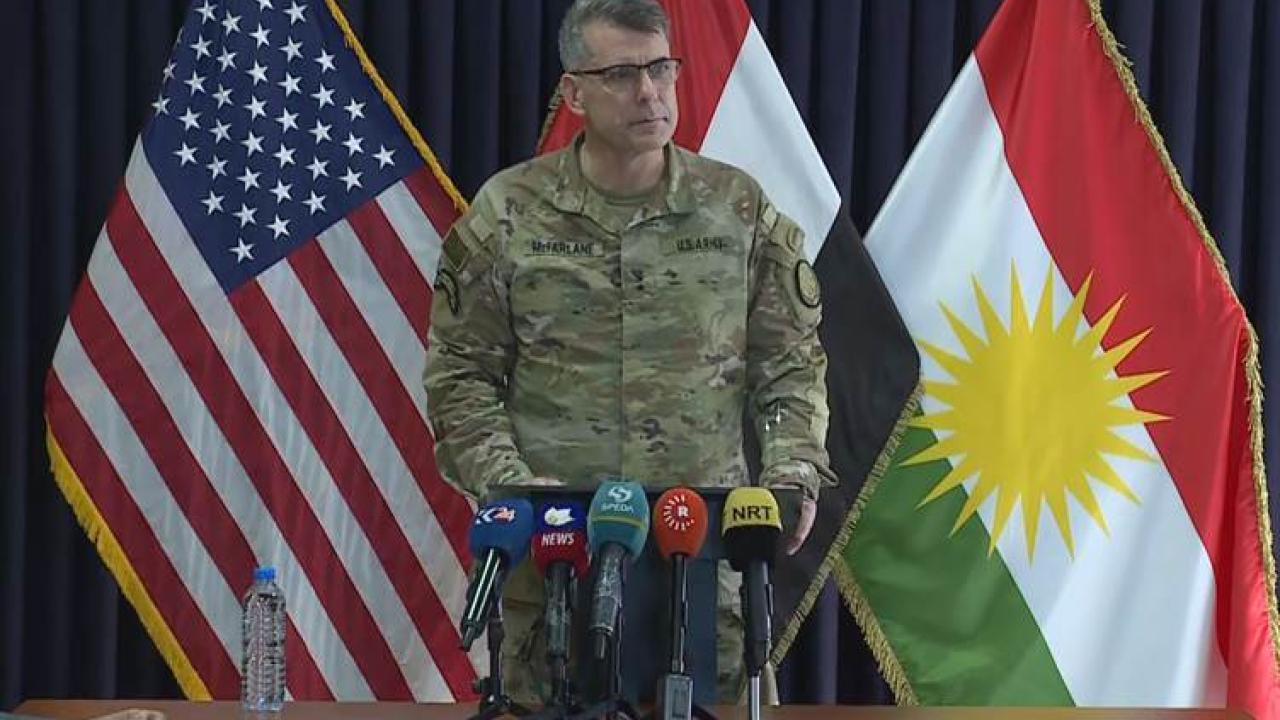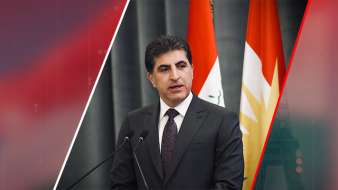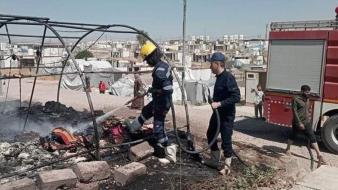Outgoing coalition commander says lack of Peshmerga minister has stalled reforms
The outgoing commander of the US-led coalition forces in Iraq and Syria on Sunday said that the absence of a Peshmerga minister has stalled the efforts to reform and unify the forces, warning that Washington might stop providing assistance to the Peshmerga ministry if no progress is made.
Peshmerga Minister Shoresh Ismail, submitted his resignation from the position late last year citing constant meddling of political parties in the ministry’s affairs. He is no longer filling the role even though his resignation has not yet been officially accepted by the Council of Ministers.
Major General Matthew McFarlane, the outgoing commanding general of the Combined Joint Task Force-Operation Inherent Resolve, said that they have expressed their “disappointment” over the Kurdistan Regional Government’s (KRG) failure to meet some of the key objectives outlined in the Memorandum of Understanding (MoU) signed between and the US Department of Defense and the Ministry of Peshmerga Affairs in September last year.
The MoU highlights Washington’s commitment to supporting the Peshmerga forces in the fight against the Islamic State (ISIS), and the Peshmerga ministry’s commitment to advance the professionalization of its forces and undertake institutional reforms, including the unification of the forces.
“The most recent review identified that the Ministry of Peshmerga Affairs has made some progress on the implementation of the MoU milestones, but the absence of a Ministry of Peshmerga Affairs minister has weakened the institution and stalled progress on efforts to unify and professionalize the force,” McFarlane told reporters in Erbil on Sunday.
The failure to appoint a new minister is believed to be related to tensions between the Patriotic Union of Kurdistan (PUK) and its rival, Kurdistan Democratic Party (KDP).
McFarlane encouraged the KRG to appoint a minister before the publication of the annual assessment of the reforms effort in September, warning that the failure to do so could result in Washington cutting off its assistance to the Peshmerga forces.
“The inability of the KRG to achieve objectives, key results, or milestones outlined in the MoU could negatively affect the Department of Defense’s ability to continue providing security assistance to the Ministry of Peshmerga Affairs,” he added, “if we continue to see a lack of progress, we will consider taking appropriate action to ensure we are investing in something that has a viable future.”
Under the supervision of Western allies, especially the US, Kurdish authorities have launched a reforms process in the Peshmerga forces with the hope of bringing all units under the control of the Peshmerga ministry. Some units are still affiliated to the ruling parties.
McFarlane and a high delegation of the coalition later met with Kurdistan Region President Nechirvan Barzani, discussing the latest developments in the Peshmerga reforms process and the fight against ISIS.












